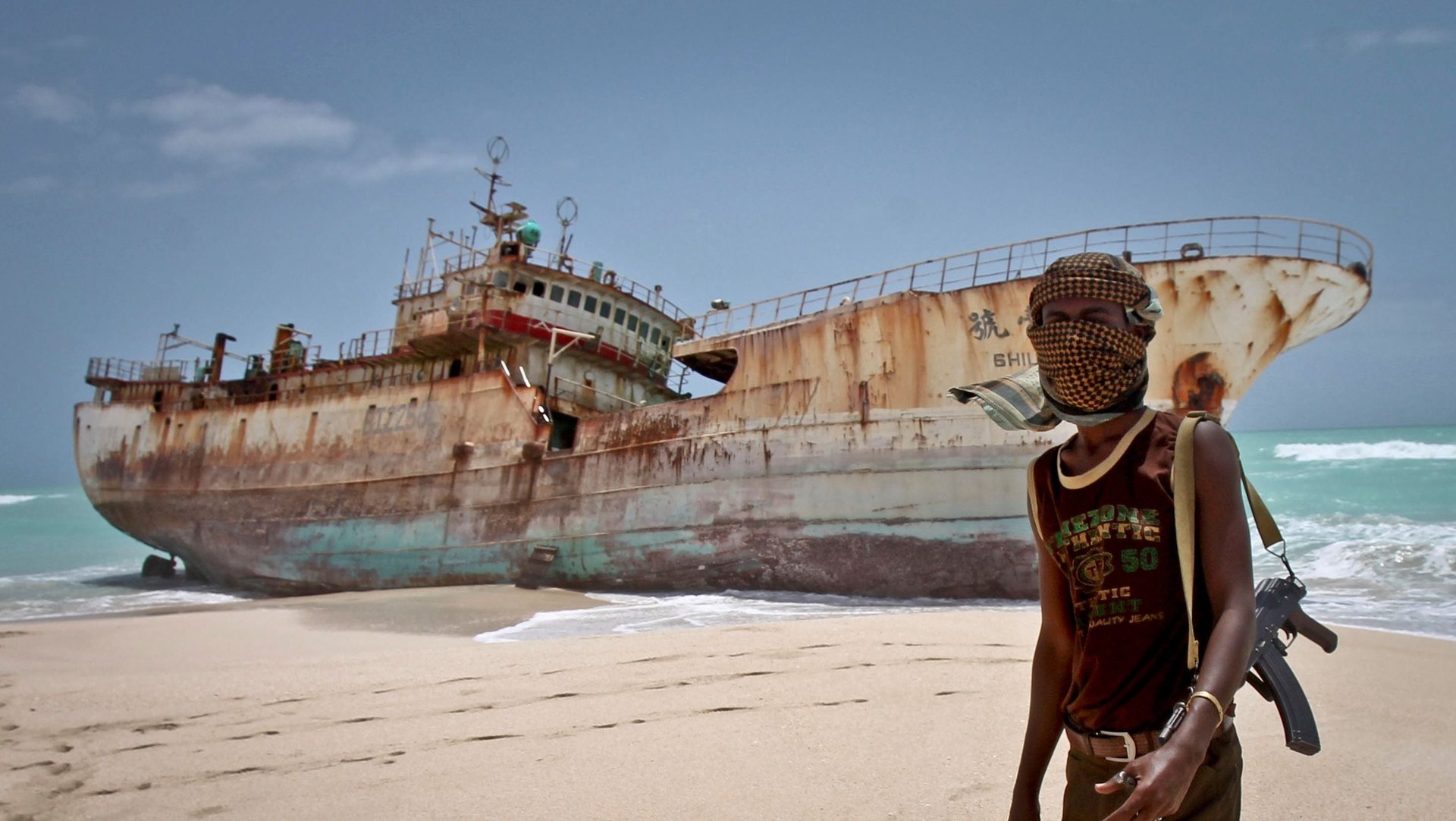Piracy made a strong comeback in Somalia in 2017
After years of being on the decline, piracy off the coast of Somalia is making a comeback.


After years of being on the decline, piracy off the coast of Somalia is making a comeback.
The number of incidents in the Horn of Africa region doubled in 2017 compared to the previous year, according to the annual State of Piracy report released by the non-profit One Earth Future’s Oceans Beyond Piracy (OBP) program. Showcasing that pirate groups have still retained their ability to organize and attack ships transiting through the region, there was an increase in the number of attacks, hijackings, and kidnappings of seafarers.
For ships, this has meant growing operational costs in rerouting, increasing speed when coming into contact with suspicious boats, besides taking out kidnap and ransom insurance as additional protection for the ship’s crew.
The report says that a fall in the number of counter-piracy patrols as well as captains not being as strict on implementing shipping self-protection measures, due to a complacency that piracy was becoming a thing of the past, led to a surge in attacks.
In March 2017, that confidence was shattered after pirates successfully hijacked a commercial ship for the first time since 2012. The Comoros-flagged oil tanker was lucky however—pirates released it days later, after realizing that Somali businessman had hired the ship to take oil from Djibouti to the Somali capital, Mogadishu.
The new spate of attacks has also increased as frustrated Somali fishermen continue to struggle against foreign trawlers that outfish them and destroy their equipment during expeditions. Somalia has mainland Africa’s longest coastline, yet fishing remains an underdeveloped sector due to lack of skills, regulatory frameworks, and efficient tools and fishing gears. And given the high unemployment levels, observers expect many young people will continue seeking economic opportunities in criminality.
OBP says there’s need for a wide-ranging maritime security approach to deal with the threats of piracy in the region. This is crucial given how important the Gulf of Aden is to global trade, with thousands of ships crossing it every year heading to and from the Suez Canal in Egypt. The war in Yemen and the geopolitical wrangling that involves several states is also complicating the maritime security picture in the region.
But a comprehensive safety approach will only work if Somalia is fully stable and with a strong government that can deal with offshore problems onshore. “Piracy is just one issue in a complex web affecting maritime security,” says Larry Sampler, One Earth Future’s president. “Where there is good governance, seas are safer, coastal communities are healthier, and the blue economies grow stronger.”